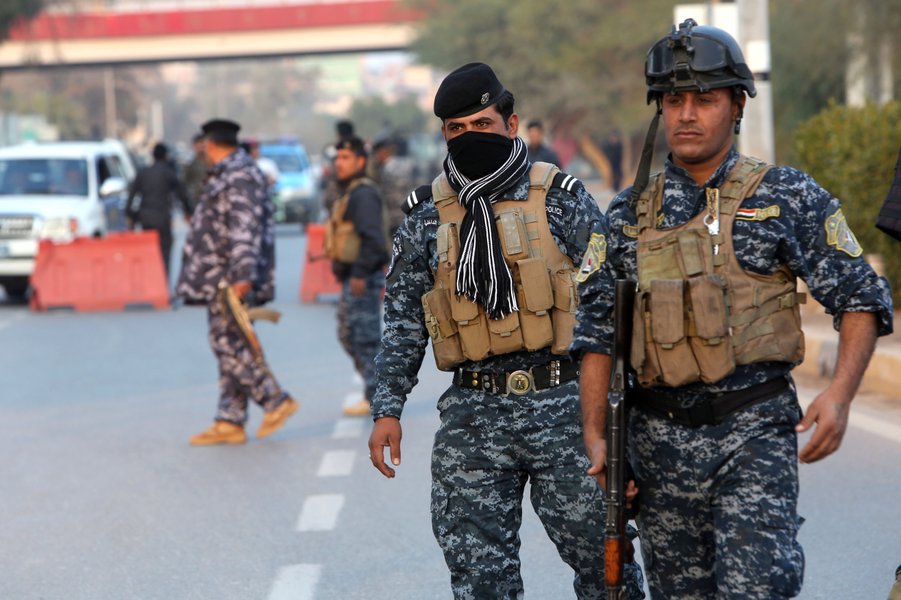Basra – Basra Provincial Council Member Ahmed al-Saliti admitted the presence of banners in the city opposing the Kingdom of Saudi Arabia.
Saliti said the banners are a reaction of certain political parties and do not represent the official statement of the government.
Saliti also told Asharq Al-Awsat newspaper that these practices will not harm the relations between Iraq and Saudi Arabia.
Counselor of Basra Zuhair al-Manasir condemned these practices, telling Asharq Al-Awsat newspaper that it is wrong to hang such banners that are wrongful to a neighboring country. He described those who hung the banners as “outsiders” who want to damage the relations between Iraq and Saudi Arabia.
He explained that Saudi Arabia is the closest country to Iraq and has always supported it.
According to Manasir, Iraq should work to enhance relations with neighboring countries, especially countries of the GCC, for the best of Iraq. He went on to say that Basra is full of investment opportunities that could attract many Gulf investors.
Activist and artist Ali Salah al-Saad said that Iraqis should let go of sectarian segregations that could divide the country.
As an Iraqi from Basra, Saad said he considered the banners harmful to Iraqis more than Saudis, as they badly portrays Iraq and its people.
Saad described those who are claiming that Gulf countries, especially Saudi Arabia, are happy with the terrorist attacks in Iraq as delusional. He added that there are militias and parties in Iraq that act according to an Iranian agenda.
Saad wondered how the provincial council can justify the banners, while it overlooks naming a street after Khomeini who led an eight-year war against Iraq and killed over a million citizens.
Saad asked if it is better to belong to a non-Arab country like Iran, or enhance relations with neighboring countries with which Iraq shares language, religion, and heritage.
Finally, Saad demanded that the provincial council ban such behaviors and impose firm procedures. He added that Basra will soon become an Iranian colony due to the large number of Iranian schools and institutions, something that the local government should be aware of.
